
Brian's Run Pod
Welcome to Brian's Run Pod, the podcast where we lace up our running shoes and explore the exhilarating world of running. Whether you're a seasoned marathoner, a casual jogger, or just thinking about taking your first stride, this podcast is your ultimate companion on your running journey.
Join us as we dive deep into the sport of running, covering everything from training tips and race strategies to personal stories and inspiring interviews with runners from all walks of life. Whether you're looking to improve your race times, stay motivated, or simply enjoy the therapeutic rhythm of running, Brian's Run Pod has something for every runner.
Brian's Run Pod
Mindful Mileage: Husnara's Tale of Running and Rejuvenation Part 2
Have you ever found solace in the rhythmic patter of your feet against the pavement during a challenging time? Husnara's journey with running began as a quest for physical health but quickly evolved into a lifeline for her mental well-being, especially as a new mother in the throes of COVID-19 lockdowns. On Brian's Run Pod, we're privileged to have her share the story of how running became her sanctuary of resilience, an experience so profound that it inspired her to author a book on the subject. Her candid recounting of sleep deprivation and isolation underscores the cathartic release that running offered her, transforming stress and adversity into strength and determination.
The conversation takes a powerful turn as I, too, reflect on my own struggles with epilepsy and the critical role sports have played in reinforcing my resilience. We discuss the capacity of running to serve as a conduit for processing and reframing traumatic experiences. While it's not a panacea for the hardships life may throw our way, such as illness or past abuse, it can reshape our response to them. We also delve into the wonders of incorporating mindfulness into your runs, equipping you with practical strategies to amplify the mental benefits of this simple, yet profound, act. If you're seeking a way to navigate the complexities of life with grace and fortitude, this episode will illuminate the path of personal growth through the power of running and mindfulness.
Brian's Run Pod has become interactive with the audience. If you look at the top of the Episode description tap on "Send us a Text Message". You can tell me what you think of the episode or alternatively what you would like covered. If your lucky I might even read them out on the podcast.
Instagram
So you're thinking about running but not sure how to take the first step. My name is Brian Patterson and I'm here to help. Welcome to Brian's Rompod. Welcome back to Brian's Rompod. Now to the second part of my discussion with Hussnara, the first one being last week. So if you haven't listened to it, please do have a listen. It's a fascinating topic. Well, today I started off by asking her what was her motivation for writing the book about mental health and running. Let me talk about your book, so if you're happy to discuss it now, yeah, what gave you the motivation to what's the reasoning behind you starting to write a book.
Speaker 2:Yeah, okay, great, yeah, thank you. So the book I think what really sparked it, to be honest, was COVID and my experience during the lockdowns. So I mean, I had just a backtrack a bit. So I've been running, for you know, since I was 16, I'm 39 now, so quite a few decades now and over time I've noticed that, you know, running was how it was impacting me. It just made me feel good.
Speaker 2:But it was during a couple of times in my life where I noticed that, how it was having an impact on me psychologically. Firstly, it was the time after I had my first born. I was 30 at the time and ran the London Marathon nine months after giving birth. So the marathon training was a great way just to like, you know, just have that space for myself that time and I loved it. You know, it was incredible. And that's when I kind of experienced like quote unquote the run is high and I remember just feeling so much like, oh goodness, just just such an incredible feeling of peace and I just described at the time as meditation. So that was the first time I realized, wow, running makes me feel so good and on such it gives me such a high. So that was my first experience of that mental connection.
Speaker 2:But really what prompted the book, I guess, is what happened during COVID. So during COVID, few months into sorry, a few weeks into lockdown, I gave birth to my second daughter in April. Months or the chaos of lockdown Am I going to give birth in hospital or not, or is it going to be on birth? And all of that madness you know. And death toll was like rising day by day.
Speaker 1:You're in the UK at the time. I mean, yeah, I'm in the UK at the time.
Speaker 2:I mean, I only moved to Bali last year, just over a year ago now, but yeah, I was in the UK, I was in London at the time and I had just finished, just gone on maternity leave, you know, literally not like a week before lockdown. So it was just mad, you know. So what I noticed was that so the first few months of lockdown were fine and then, when the winter set in, we had just moved house during the second lockdown and really stressful time, like financially and physically, and that's when my daughter, the youngest one, the newborn, started to regress in her sleep and she wasn't sleeping.
Speaker 2:Oh say she wasn't sleeping. It was horrific Like she was waking up every single hour by the hour every night and obviously we were sort of about the time.
Speaker 2:We were in our little bubbles, we couldn't really see family and I have massive family but I couldn't lean on them for support and my husband was around but he was also working. So it was out early morning working in central London. So it was tough and I was beyond exhausted like I can't. You know, people talk about sleep deprivation. It's like honestly, I know it and it sounds silly, but like it just you don't realize until you're in it what it can do for you mentally and physically.
Speaker 2:I would wake up in the morning and, just to give it a bit more context, so at the time we were in the second lockdown and I was also homeschooling my eldest and obviously, you know, alone for most of the day, not sleeping at all, pretty much maybe an hour here and there in the night, and I would wake up in the morning in floods of tears because my body would be, would feel like I've been bruised from the lack of sleep and I just remember just feeling like I can't. How am I going to get through the day? And I have to, you know. I have to feed the kids, I have to do the schooling. I had to get through the day. It was during that time I also I don't know what it was, but I started running again.
Speaker 1:You had the energy to start running again, my god.
Speaker 2:I think I needed a bit of time for myself.
Speaker 1:I think I was the same.
Speaker 2:So I had kind of run a little bit during the summer here and there. But then I remember I just needed that time to myself. So I thought, okay, I'm going to when I could in the mornings. I remember there was a few mornings I had just thought, okay, I just need that time, a few minutes, to myself.
Speaker 2:So I've gone out for a run and what I noticed was that when I came back from those runs in those really cold bits of days in the UK in January 2021, was that not only had I just came back with energy which is obviously amazing from running but a lot of the frustrations that I had built up in my head. I have managed to rethink them or reshape them and change them completely. And I used to go away. I used to leave the house thinking, oh my god, how am I going to get through the day. And I used to come back thinking, oh my god, bring it on, I've got this, bring it on. So my mindset had shifted totally and the things that were frustrating me throughout the day, I had just rationalised myself. It was like I was my own therapist on that run. So that's what I thought.
Speaker 1:So someone had given you a drug and then it was a 30, minute, 35 minute drug, yeah, totally.
Speaker 2:Yeah, it was like there was another person that had come up in my head who was with me on the run, almost, and we were conversing, you know, and it was kind of like that, like I had this other person to talk through things with in a way and I sound a bit odd, but anyway, it was that shift in how I was thinking and my negative thoughts and how that enabled me to get through the day. And that's when I was like wow, this is incredible. And that's when I started to wonder, like I wonder if other people feel the same, right, and that's when it got really, really interesting. So when I started digging, I was hearing all these incredible stories of people who'd overcome like incredible things through running. So I'll give you a couple of examples that really shook me. So this is my daughter, anders Schmidt, from Denmark, and he started running 10 hours after his daughter six year old daughter's ventilator was turned off and running became a way for him to deal with the grief and the loss of his first born child. And even just saying that now it just gives me goosebumps. Like I was like wow.
Speaker 2:And there were other stories.
Speaker 2:So there's a woman called Nita Sweeney from America who suffers from depression and has been suffering from depression for decades.
Speaker 2:At the age of 49, she started running, did the couch to 5K and what's incredible is that she had been on psychiatric medication for 37 years and within a year or so of running and she started training for a marathon or races and stuff, she at one point she came off medication altogether and her psychiatrist and her were having this conversation. We're like the only thing that had changed in her life was that she was running. So these are just a couple of just incredible stories that I heard and I've collected, as well as part of the book. That made me think, wow, there is something so powerful, so profound in running that I wanted to know what that was. And that's when the analytical side of me was like oh my God, I need to find out why, what's going on, what's happening mentally, psychologically, in the brain that's allowing people to deal with these things, and how can we get other people to? You know, what can we get from those stories?
Speaker 1:So do you sort of draw on your experience of working in mental health and, you know, sort of combining that with the running A little bit.
Speaker 2:Yeah, I guess what I mainly draw on is I lean on my academic background or analytical background. I've been in like research for over 15 years government research and also academic institutions in the UK so I guess I lean on that. So I'm looking at the in the book. I'm looking at the science in terms of what's happened, what happens in the brain when we run and I know you did a podcast on this recently as well looking at the endocannabinoids and the neurogenesis, all about how, when we run, you know it's creating new brain cells, new connections. So it helps, you know, kind of give you another way of understanding how people are getting new perspectives.
Speaker 2:So I draw on, look at what's happening in the brain, but look at what's happening psychologically too, because there's lots of similarities to what happens in like traditional therapies. Even so, I make those connections. I also include real life stories of people who have overcome some adversities from addiction, like Nita Sweeney, who's dealt with depression, who suffered from depression for decades. She's in the book and so includes rape, grief. So quite a lot of different types of trauma.
Speaker 2:All right, all right, okay, things yeah.
Speaker 1:Yeah.
Speaker 2:And then in the end, I guess what I do is what's different about this book? Is that what you get from it is that there are some exercises in the book that helps you to discover the power of running for yourself and what it can do for you mentally.
Speaker 1:Right.
Speaker 2:So this exercise, so just to give you a glimpse of, okay, how can help you with your thoughts, for example. So yeah, that's in a nutshell what the book is about and how I got to this point.
Speaker 1:So could you just go into basically as to what are the things that we could do you know as runners, to help. Let's say, for instance, you know either you've had a bad day At work or you know we're going through a stressful time. You know, in our family life maybe we're getting over a bereavement. Is there anything you know specifically, you know within running or different types of running, that could help?
Speaker 2:Yeah. So I guess I guess what I kind of talk about, one of the amazing things that happens when we run is that it helps us to reprocess trauma or reframe sort of negative experiences. So even kind of what I was saying about my experience, about how it turned my day around, because my thoughts around my frustrations have shifted. You know, I think that's a really important one. I mean, there are lots of amazing things that do happen when you run psychologically, but the one I guess that's quite interesting is the, you know, reframing trauma. So I think that's really interesting.
Speaker 2:And when it comes to trauma, you know it's all about how you perceive the trauma is really interesting because if and the way you perceive what's happened to you in a very negative way, you know that has ramifications on how you act, your motivation, your energy levels and your thinking. Everything you know has a number of effect on how you perceive that trauma. So, and just to kind of give that a bit more life, if you like, I'll give you an interesting example or analogy. So I don't know if you've ever thought about this, but, like, have you ever wondered what are the? What's the difference between a hero and a villain? Have you ever wondered what are the key differences between the heroes?
Speaker 1:Well, I don't know whether it's sort of the hero who saves the day or you know where a hero will. I don't know. I suppose I don't know.
Speaker 1:That's the only thing I can think of at the moment at the top of my head yeah, so yeah, yeah so you know if they could be like I'm over here in the UK we're watching the traitors, so you know, the villain might be the people who you know. You know might put people in sort of uncomfortable positions and have a plan, a scheming plan or something like that. So I don't know I mean that's, that's that's the anything I would come to.
Speaker 2:Yeah, yeah, exactly, and as you say, the hero saves the day. So when it comes back to, I mean, when you start looking at the hero and the villains and you sort of structure surface, you realize actually that they both have very similar backstories, so both often have suffered some sort of trauma. You know, in most of the superheroes you know that we know about, like Batman and the Joker, for example, you know they both suffered a childhood trauma, but it's about how they perceive that trauma has a knock on effect on their motivation, yeah, and how they carry out their lives effectively, yeah, you know. So it's the same with for ourselves. You know, if you know, when we go through a trauma, if we just see it in, you know, as in such a negative way, then you know it's going to have a knock on effect. So our perception of trauma is really important and how it comes back to running is really key, because that during running and through the stories and science, I've discovered that what running allows you to do is shift the way you see your trauma.
Speaker 1:Right.
Speaker 2:So in so many examples I've seen where people have gone from seeing something that's really horrific, that's happened to them, that they thought was like, oh my God, the failure of their lives, and they've been had a terrible, you know future ahead of them, but actually they realized, start to see some positives from it and thought, actually this has been a gift.
Speaker 2:You know, and I've got so many examples like that. So there's a shift that happens when you run. Where it starts to, you start to process your thinking and thoughts and sit with it and start to see it from a different perspective. And that shift happened and it's happened anecdotally and also in the science. So I kind of draw some of that and I think that's really important. You know, and that's what you will get through running, you know, and when it becomes more of a habit, obviously you know, when it becomes part of your life, you start to notice shifts from yeah, yeah, I mean I think, just to give you a background about me is that I was diagnosed with epilepsy when I was eight, and then through either school, through senior schools, junior school and whatever, and so I actually went to a boarding school and I think I wasn't very good.
Speaker 1:You know, academia was not for me, you know, it was, it just wasn't, but the only outlet I had where I was good at and I was encouraged by one pitched PE teacher, paul Beavers, who gave me encouragement into basketball. So you know into sports and that helped me a lot.
Speaker 1:And if anything that has. You know, I'm not. You know, don't play basketball or anything, or anything like that. But that's always been in terms of when having with my epilepsy, I've always saw exercise as a way to over, you know, just overcome things, especially that you know because it's always been, you know I've always exercised, you know.
Speaker 1:I'm not saying I do it. I've done it three, four times a week, but I don't know if I go. You know, if I went through months without exercising, then I would be. I wouldn't be happy at all. I suppose it's just tapping into the example that you've just said, because that has been my key motivation, that that you know. Although I've, you know, I still take tab.
Speaker 2:As for epilepsy, and it's not, you know, it's not a.
Speaker 1:You know I've pretty much overcome it and you know I've overgrown it outgrown it. So but still, I'll always have that back, that backdrop of health and keeping healthy and moving and you know, either going to the gym or running or you know it's, it's, it is so much I spend a lot of time trying to say so much part of my life now, well, throughout. So you know that's, that's tapping into, you know what you've just said, sort of thing.
Speaker 2:Yeah.
Speaker 1:Yeah, the yeah, and I think, although you know me and there's various like my, my mother died when I was quite young and that kind of thing, but still it's, it's always been there, you know, and it's just it does help. You know, it really does you do go through, you know the ups and downs of life, but if you have that yeah, yeah, that constant.
Speaker 2:Oh yeah, it's a tool and that's kind of what I talk about. Is that okay? One thing I'd say I think I want to be clear about is that when I say, like you know it's helped people with these things, you know severe traumas. It's true, it really has helped people through them, but it doesn't make those things go away. So I want to be very clear. You know, if you or wife was diagnosed with cancer, you know she's still going to be diagnosed with cancer. That's not going to go away. If you have been through some sort of sexual abuse or whatever as a child, that's not going to go away.
Speaker 2:But what the running allows you to do is tap into a mechanism within you that allows you to cope with it better. You know and this, it does that in so many different ways, which is what I talk about in the book but it becomes your own internal resource. You know that you can tap into whenever you want, and this is why how my running has changed over time. Is that now Especially since making the connection during COVID of how it made me feel better and more capable of dealing with stress that now, when I feel it, I just, I just used it, I lean on it. So I'll go for a run if I feel stressed, if I feel it in my body, if I feel it in my mind, it I know that's my cue to be like. I need that time for myself and, and 100% of the time I always come back feeling better, you know, and more capable of coping with it. So, yeah, that's just one thing I really wanted to make clear as well. It's a tool.
Speaker 1:But do you do you think it's something that when you, when you go out running? Is that you, it kind of you, you just mentally Switch into this sort of different mode. Or do you self, you know, ask yourself questions, or do you do do any techniques. I suppose what I'm trying to say is interesting.
Speaker 2:Very, very interesting question.
Speaker 2:I think this is really a good point because, what it is is that I think a lot of this stuff happens unconsciously. You know, in all of the stories that I've collected, so many people talk about these shifts but they haven't really thought about themselves until I've kind of asked them like what is it that you've got out of it and how did that change your thought about your divorce? Or, you know, your wife being diagnosed with cancer? It's kind of come out and I've kind of teased it out and got these themes out as an analyst. But what I do with the book is that I'm trying to make people more conscious of these things that are happening.
Speaker 2:So some of the exercises that I've got I'm getting you to think about what are the thoughts that are plaguing you, you know, before you go for a run and and then evaluate them when you're running, and often you'll find that these things are changing as you run. So I'm trying to awaken people to make those connections. So it's a more mindfulness type exercises and I think the more mindful we've become of what's going on when we are running, then it becomes more, even more powerful tool, you know, because it's happening unconsciously. But if we can tap into it and apply it mindfully, it becomes such an incredible tool. Hope that answers your question yeah.
Podcasts we love
Check out these other fine podcasts recommended by us, not an algorithm.
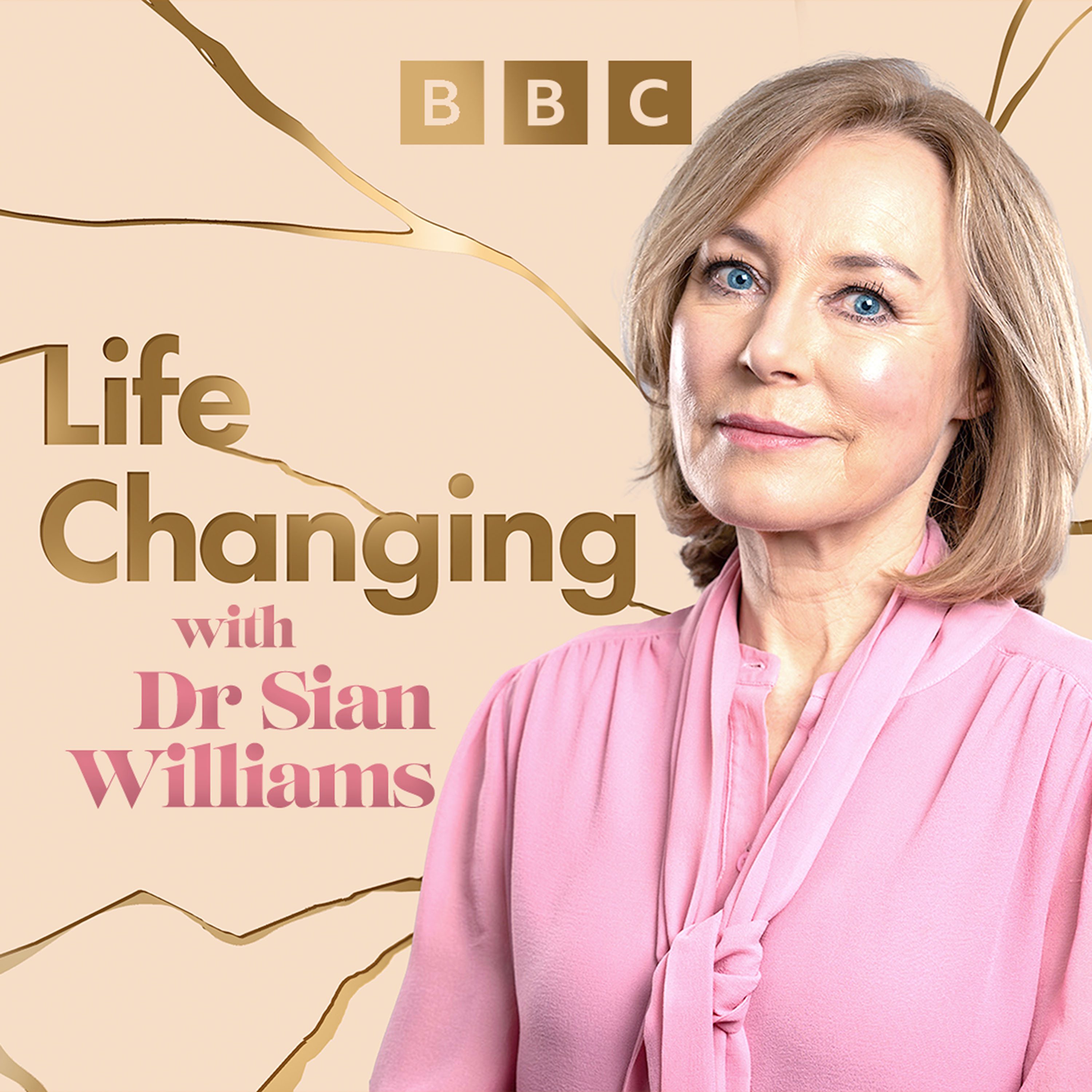
Life Changing
BBC Radio 4
Tech Life
BBC World Service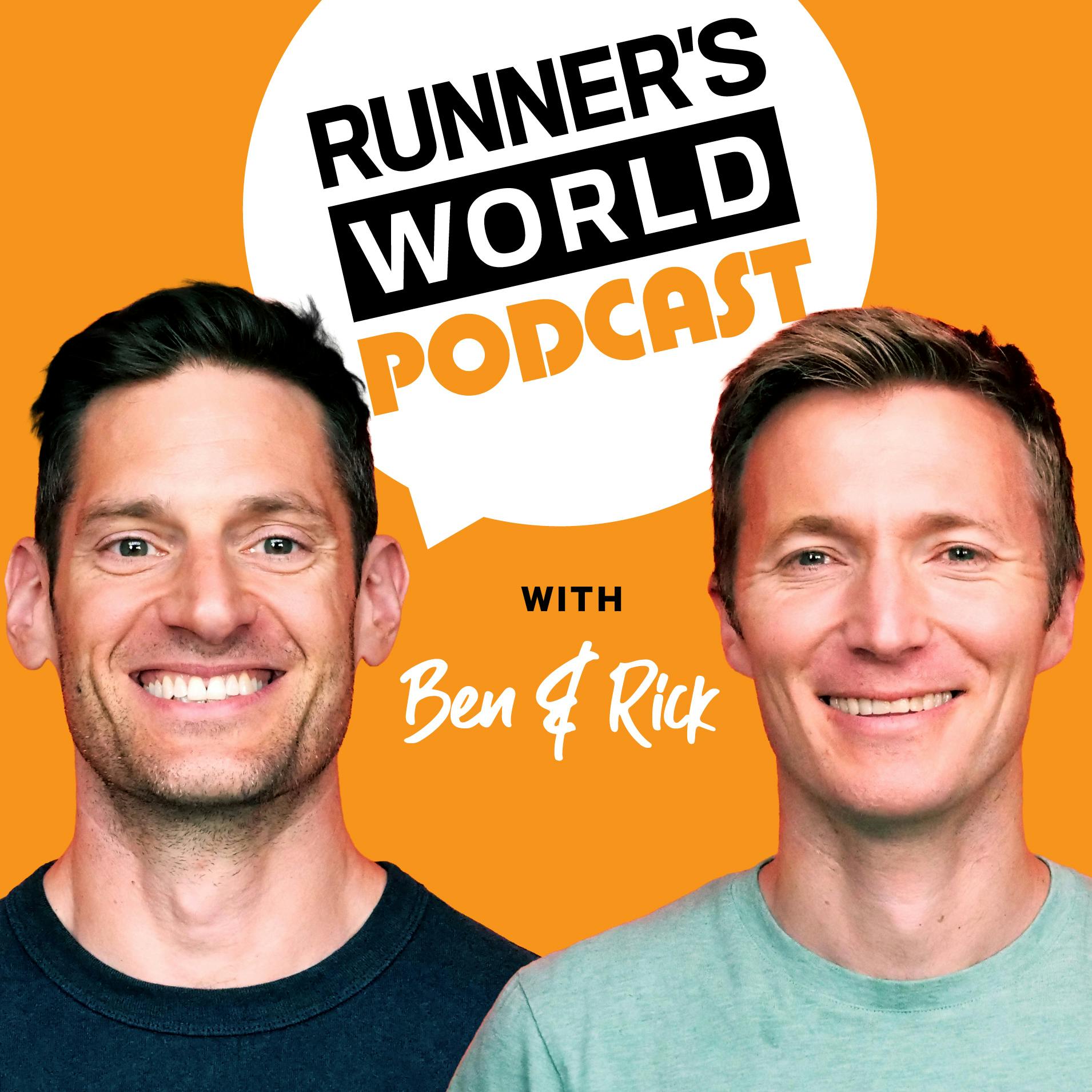
Runner's World Podcast
Runner's World UK
Buzzcast
Buzzsprout
Newscast
BBC News
Understand
BBC Radio 4
Cyber Hack
BBC World Service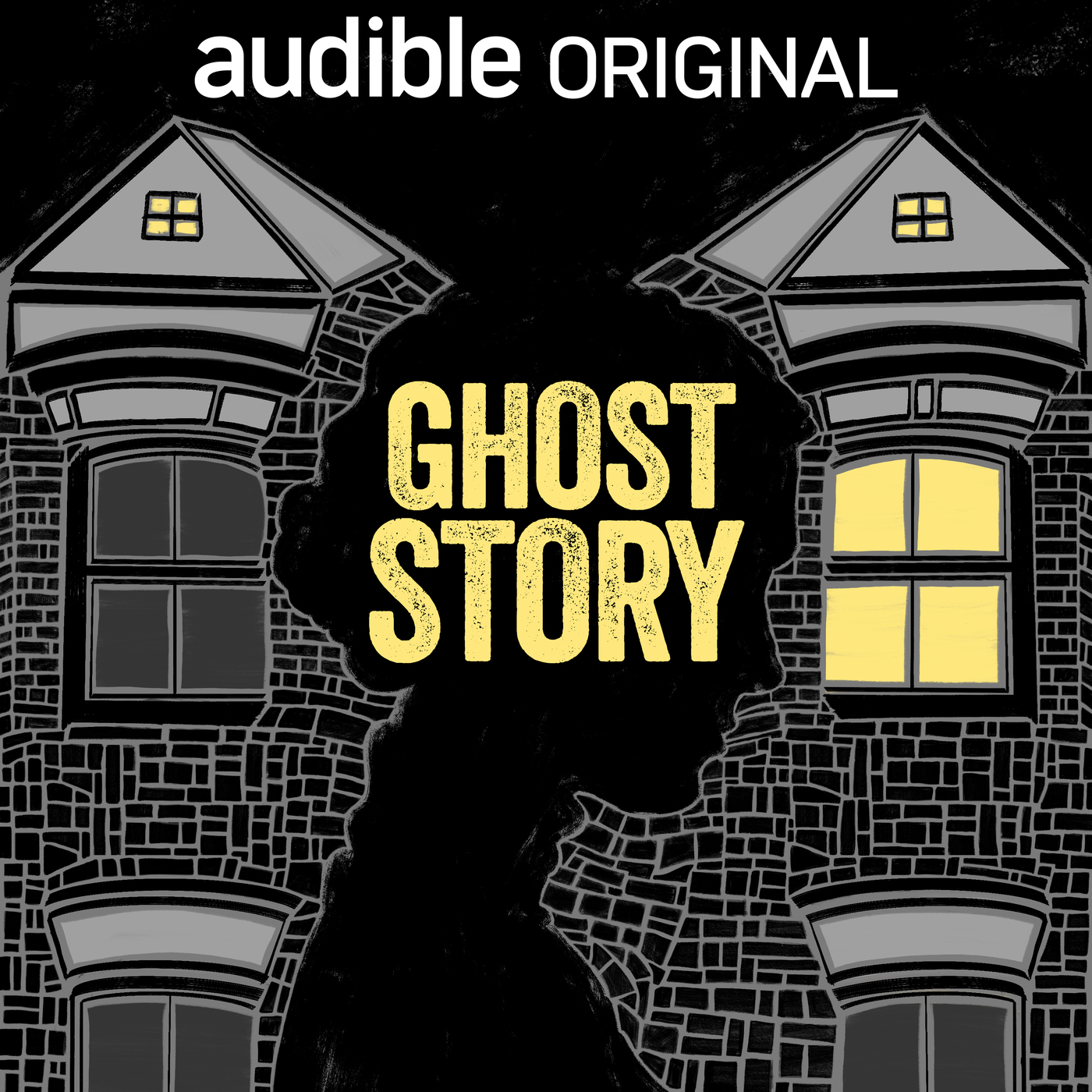
Ghost Story
Audible| Pineapple Street StudiosDiz Runs Radio: Running, Life, & Everything In Between
Join Denny Krahe, AKA Diz, as he talks with a variety of runners about running, life, and everything in between.
Uncharted with Hannah Fry
BBC Radio 4
The Global Story
BBC World Service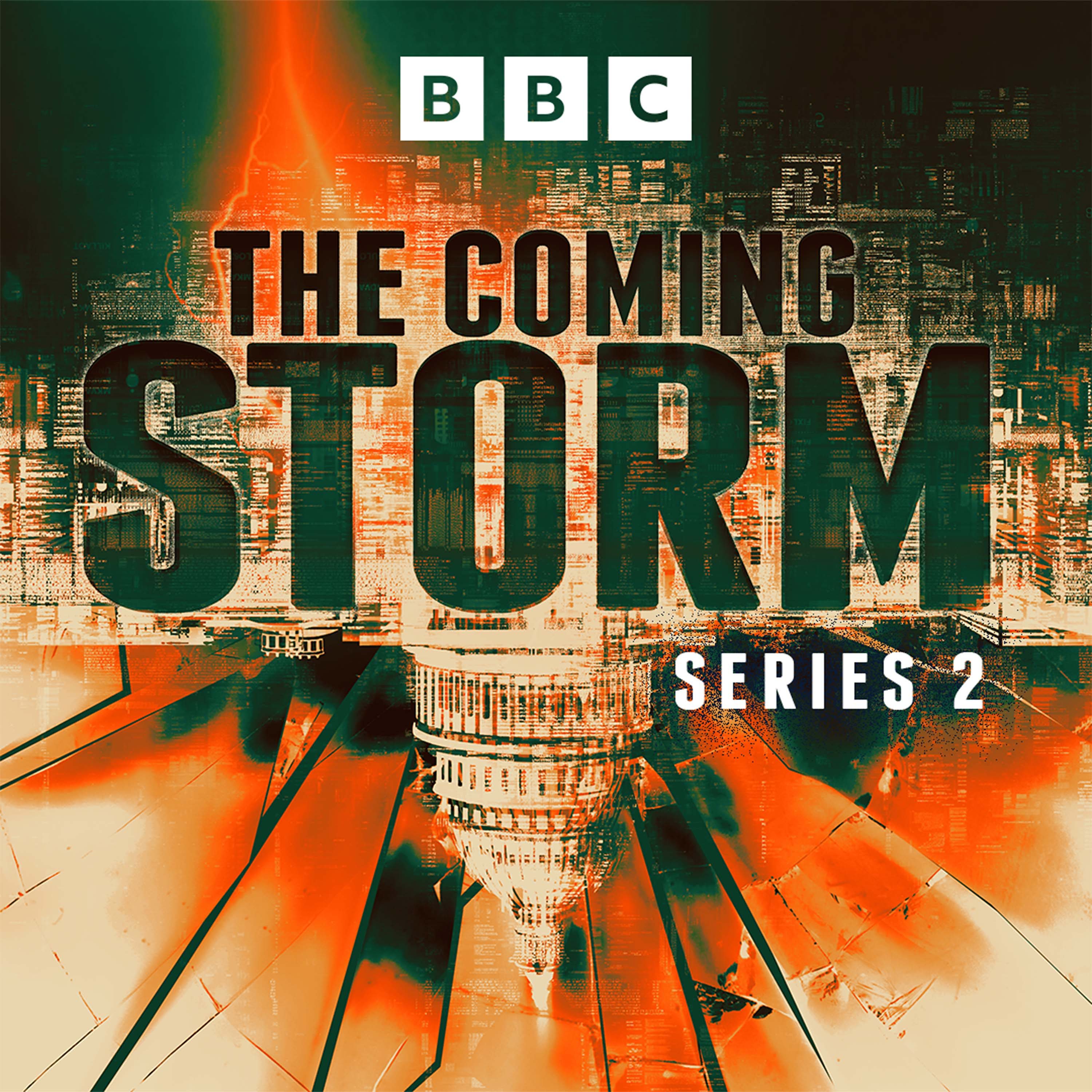
The Coming Storm
BBC Radio 4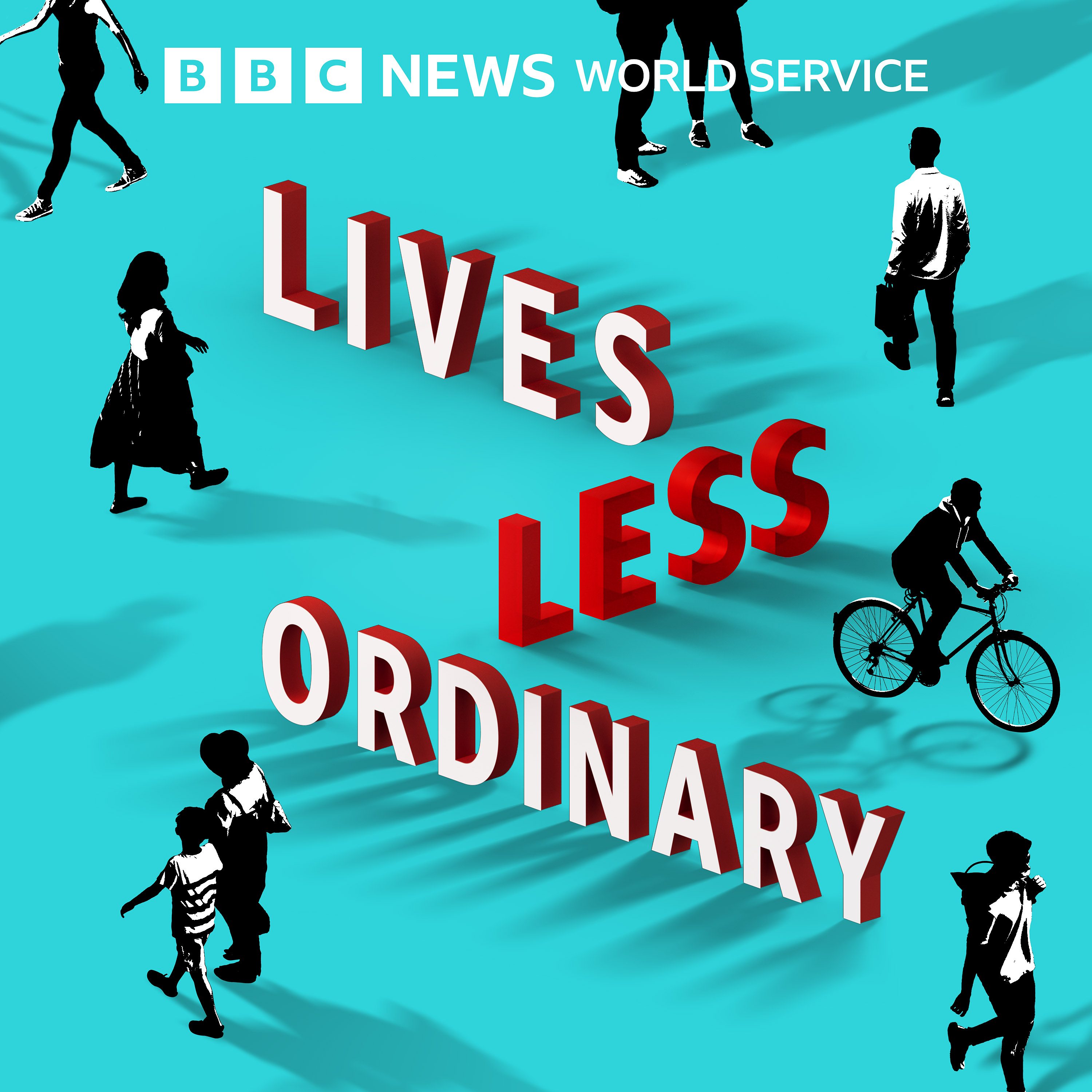
Lives Less Ordinary
BBC World Service
Do Epic Shit Today Podcast
Hannah Mulhern
The Rest Is History
Goalhanger

